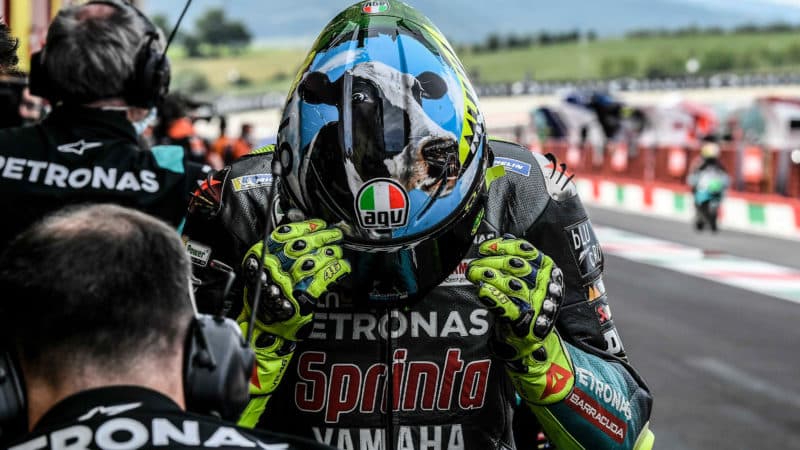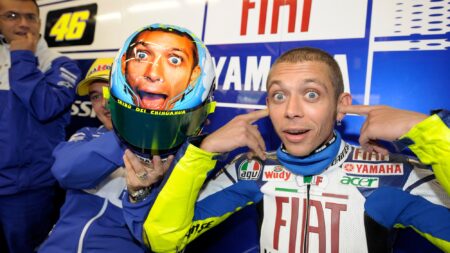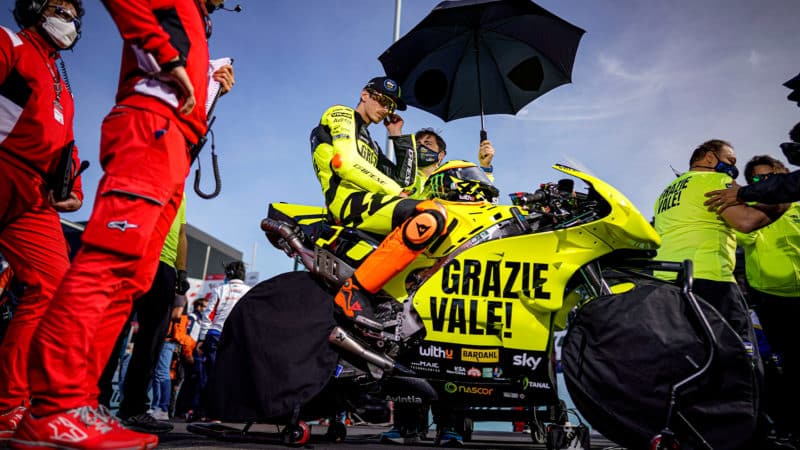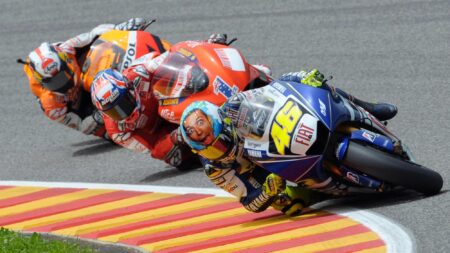Rossi transformed MotoGP from niche to mainstream because his persona attracts people who wouldn’t otherwise bother watching motorcycles going around in circles.
“Sincerely, I don’t know why, but I was able to bring a lot of people close to motorcycle racing – I switched on the emotions of normal people,” he said while announcing his retirement in August.
Other sportspeople have pulled off the same trick, but not many. I’m no boxing fan but years back I used to watch Muhammad Ali fight when I could. I’m no football fan but I liked to watch Maradona play.
I watched Ali and Maradona not because I loved their chosen sports but because I loved them as individuals – they both fascinated me, for very different reasons, so I wanted to see them do what they did and I wanted to see how they reacted to victory and defeat.
Do I watch either sport now? No, just a few World Cup football matches every four years.
MotoGP management has been terrified of Rossi quitting bikes for more than a decade. When he looked set to move to Formula 1 in 2007 one paddock sponsorship consultant told me, “It will be like a desert around here once he’s gone”.
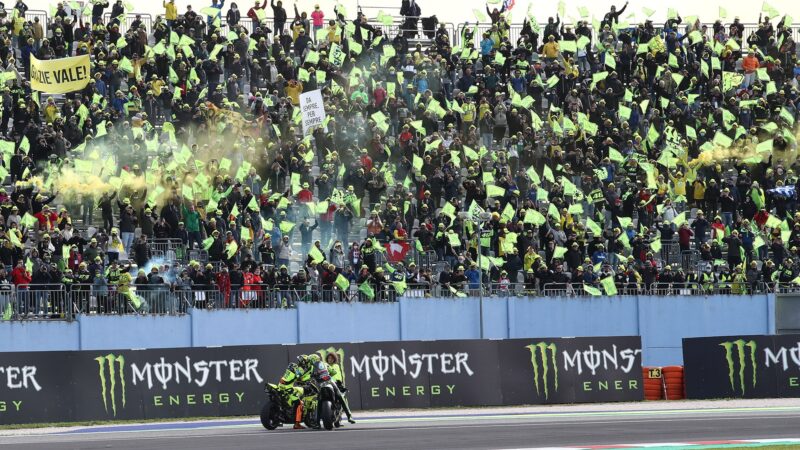
The Rossi fan club acknowledge its hero following his final race on Italian asphalt, at Misano last month
Petronas SRT
Rossi was so huge that for many years he was essentially bigger than MotoGP itself – for many millions, Rossi was MotoGP. And his superstar profile didn’t only make him extremely rich, it brought money pouring into all corners of the paddock, because companies wanted to be involved, whether they were sponsoring him or someone else.
It was the same in the days of Barry Sheene, the only other motorcycle racer that’s transcended the sport to attract fans who wouldn’t otherwise have bothered.

